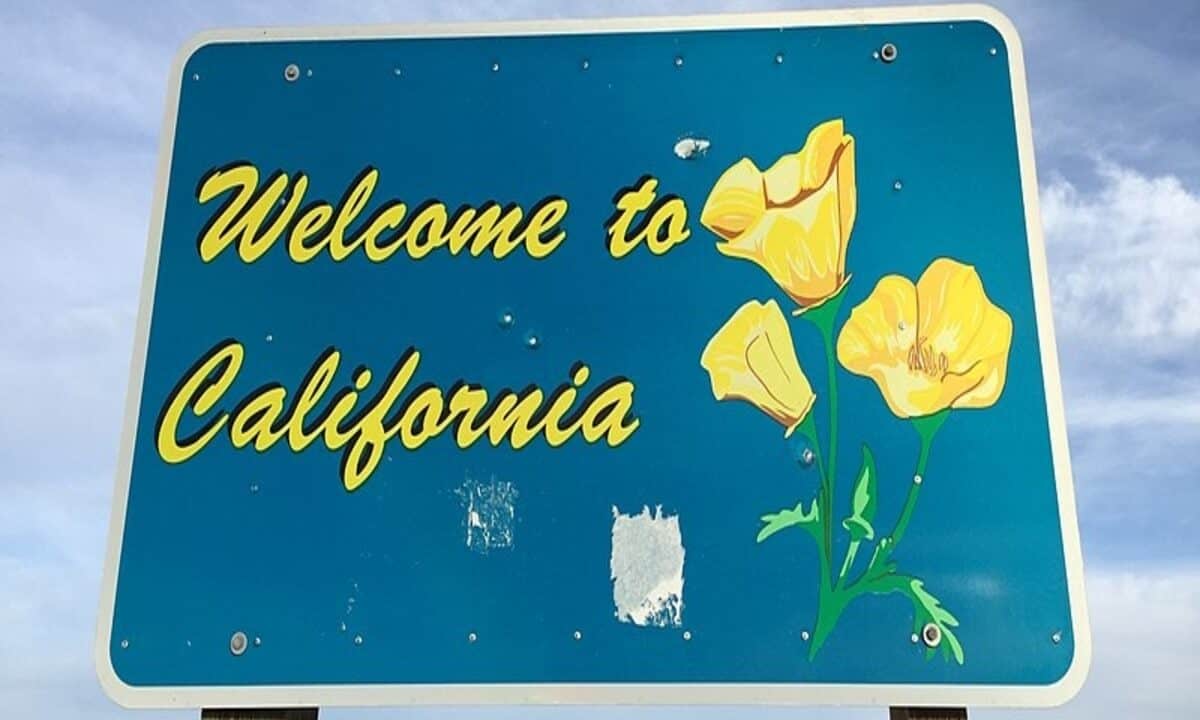 Welcome to California sign at the northwest end of California State Route 266 in Mono County, California by Famartin is licensed under CC BY-SA 4.0
Welcome to California sign at the northwest end of California State Route 266 in Mono County, California by Famartin is licensed under CC BY-SA 4.0
California voters have rejected Proposition 30, an income tax hike of 1.75% on earnings over $2 million.
If passed, California would have ended up with a top marginal income tax rate over 15% — far higher than even New York’s 10.9% rate. It would have made California even more unwelcoming to taxpayers and businesses.
Residents continue to flee California in favor of low-tax and no-income-tax states. The state lost an electoral vote after the latest census.
“Californians took the first step in turning around their overtaxed economy. Step One was not raising taxes further,” said Grover Norquist, president of Americans for Tax Reform. “Competition from other states will hopefully give Californians the opportunity to bring down their top marginal income tax rate of 13.3% — the highest rate of all 50 states.”
As noted by ATR’s Patrick Gleason in Forbes:
With the defeat of Proposition 30, upper income filers and thousands of small business owners avoided being hit with a 1.75 percentage point, 13% increase in their top marginal state income tax rate. According to IRS data, in 2019, the most recent year for which data is available, more than 86,000 pass-through business owners filed under the individual income tax system in California and have income above $1 million. How many of have income above $2 million is not delineated by the IRS data, but it’s likely ten of thousands of small business owners who would’ve seen their job creating and sustaining capacity diminished had Proposition 30 passed.
Meanwhile, blue Massachusetts voters raised taxes on themselves, narrowly passing Question 1, which will drive residents and businesses out of the state. As Gleason notes:
While this tax hike was sold to Bay State voters as a way to make the rich pay more, small businesses will also be hit with this tax increase. According to IRS data, more than 19,000 owners of sole proprietorships, LLCs, partnerships & S corporations that filed under the personal income tax system in Massachusetts in 2019 would’ve be hit by the 44% income tax rate hike imposed by Question One had it been in effect at the time.
In getting rid of its flat tax, Massachusetts is an outlier. The rest of the country is increasing its tax competition as states move to a single rate flat tax followed by gradual elimination of the tax altogether.

